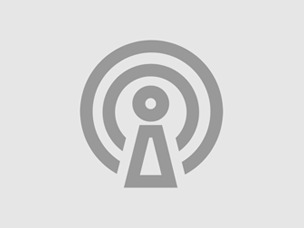If you are overweight, tired during the day and snore, you might have obstructive sleep apnoea, also known as OSA. Obstructive sleep apnoea can lead to attention problems, memory problems, cognitive problems, problems at work, and behavioural problems; you might be irritable and short-tempered. Obstructive sleep apnoea significantly increases the risk for TIA (mini stroke) and brain damage.
If it is suspected that you have obstructive sleep apnoea, it is important to know whether you really have it or not, because obstructive sleep apnoea can have severe medical consequences, but is very easily treated. Uncomfortable: Until now, you had to take the polysomnography test in a sleep lab to know whether you have obstructive sleep apnoea or not. But given that the home sleep apnoea test (HSAT) is much cheaper and more convenient for the patients, doctors, health insurers and even patient groups wanted to know whether diagnosis with HSAT is equal.
Two clinical studies were carried out in 2017. Both showed that home testing is appropriate. A simpler diagnosis for sleep apnoea is possible.
A famous professor concludes: Home testing to diagnose obstructive sleep apnoea is appropriate in adults who have no COPD and no congestive heart failure, and who have symptoms that indicate obstructive sleep apnoea. Home testing should be used only for suspected obstructive sleep apnoea and not for other suspected disorders. Home testing should not be used in patients who have critical jobs (for example, airline pilots).









